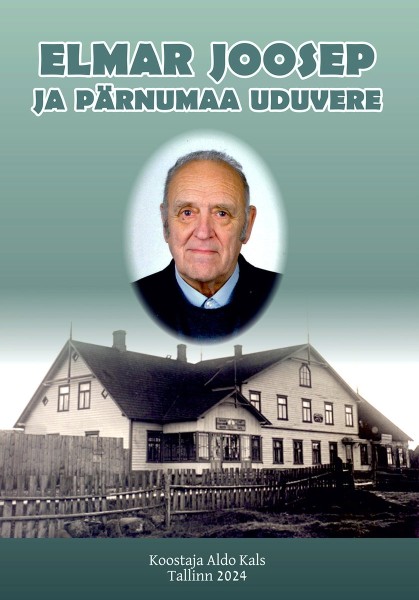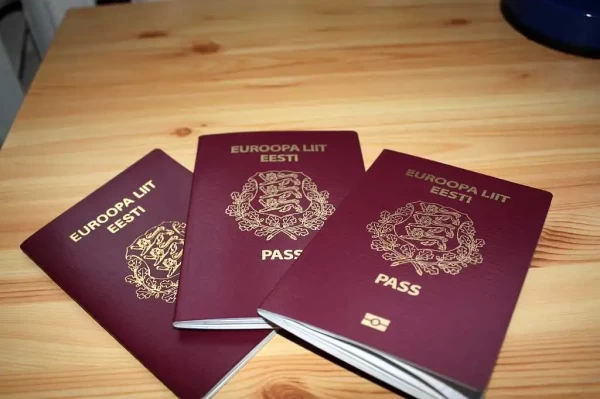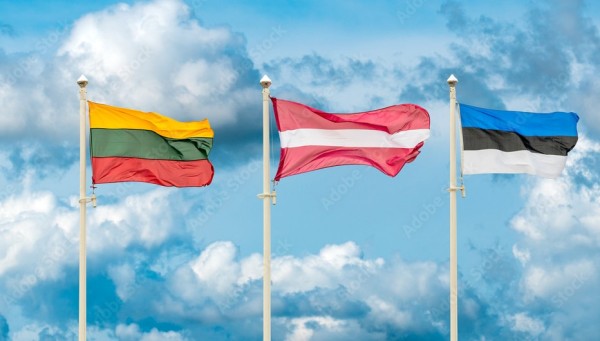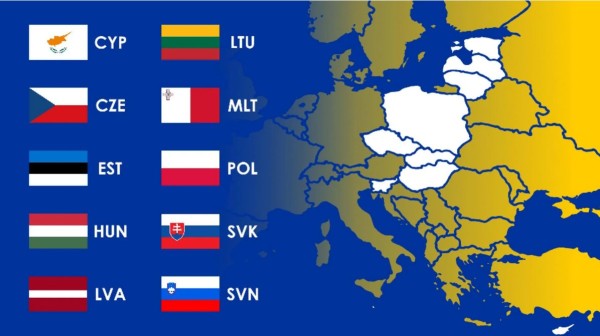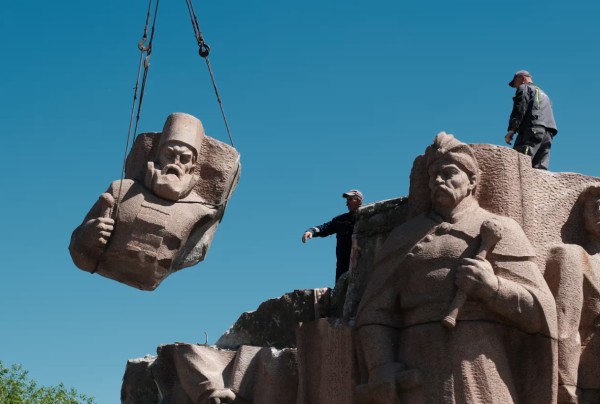At the formal closing of a new Estonian words competition on December 2, the President, Mr. Toomas Hendrik Ilves, said that if we don’t start using these new words, they will not enter everyday usage. “If we continue to say infrastructure instead of taristu, our best intentions to modernise the Estonian language will be wasted. The role of journalism and the media in general is essential in this regard,” emphasised the Estonian Head of State.
President Ilves stated that the positive feedback to the new Estonian words competition confirms that, as Estonians, we consider the welfare of the Estonian language very important. “I would like to thank everyone who took part in the competitions – both those who suggested the words and those who assessed them – from the very bottom of my heart,” the President said.
President Ilves said that the health of the Estonian language also depends on a number of other circumstances aside from simply the existence of vocabulary, which is rich and brimming with nuances. “Language people are rightfully concerned about the sloppy use of language; the construction of sentences and grammar in the Estonian language is clearly distorted by the influence of the English language,” said President Ilves.
The Estonian Head of State stated that we may be proud of the freedom that people have never experienced to this extent before – to express their thoughts in blogs and in comments on news sites and elsewhere; but also, never before have our eyes seen such bad use of written language.
“Language means using, as said Wittgenstein. And if we’re sloppy, when using a language, a language will suffer,” said the Head of State in his speech*, in which he recurringly used the novel works suggested for the Estonian language by the linguist Johannes Aavik.
Suitable equivalents to 11 words, related to the state and society, were sought during the contest. At present, there is no appropriate Estonian version of these words available in the Estonian language; otherwise, there is a complicate chain of words or borrowed foreign word or a word has multiple meanings, creating confusion in the process. Participants were also free to suggest equivalents to definitions they had proposed themselves.
Today, President Ilves acknowledged the winners in Kadriorg, and the words they suggested were highlighted. The overall winner of the competition was the word taristu (meaning ‘infrastructure’, suggested by Andres Valdre).
In total, 593 people with 2,123 suggested words took part in the competition for new words, which was announced by the President Ilves.
The musician Chalice performed a song of creating language, which was presented for the first time.
As of today, the results of the competition and more detailed descriptions are available from the www.sonavoistlus.ee and www.eki.ee websites.
Ilves: “It’s up to us to decide whether we speak our own language or another’s.” (1)
Eestlased Eestis | 03 Dec 2010 | EWR
Viimased kommentaarid
Kommentaarid on kirjutatud EWR lugejate poolt. Nende sisu ei pruugi ühtida EWR toimetuse seisukohtadega.
Congratulations to the President for touching upon an essential issue.
Some of the anglicisms used in contemporary Estonia are ugly and appalling (eg. šoppama) because perfectly equivalent native words already exist for them.
The quality of the Estonian found in "Eesti Elu" is generally superior to that of the "Postimees". (Estonia's, "Toronto Star": the newspaper for dunces.)
That said, it remains true that our community big-wigs could put a bit more effort into improving their Estonian. The quality of their speech is not wholly excusable.
Some of the anglicisms used in contemporary Estonia are ugly and appalling (eg. šoppama) because perfectly equivalent native words already exist for them.
The quality of the Estonian found in "Eesti Elu" is generally superior to that of the "Postimees". (Estonia's, "Toronto Star": the newspaper for dunces.)
That said, it remains true that our community big-wigs could put a bit more effort into improving their Estonian. The quality of their speech is not wholly excusable.
Eestlased Eestis
TRENDING







